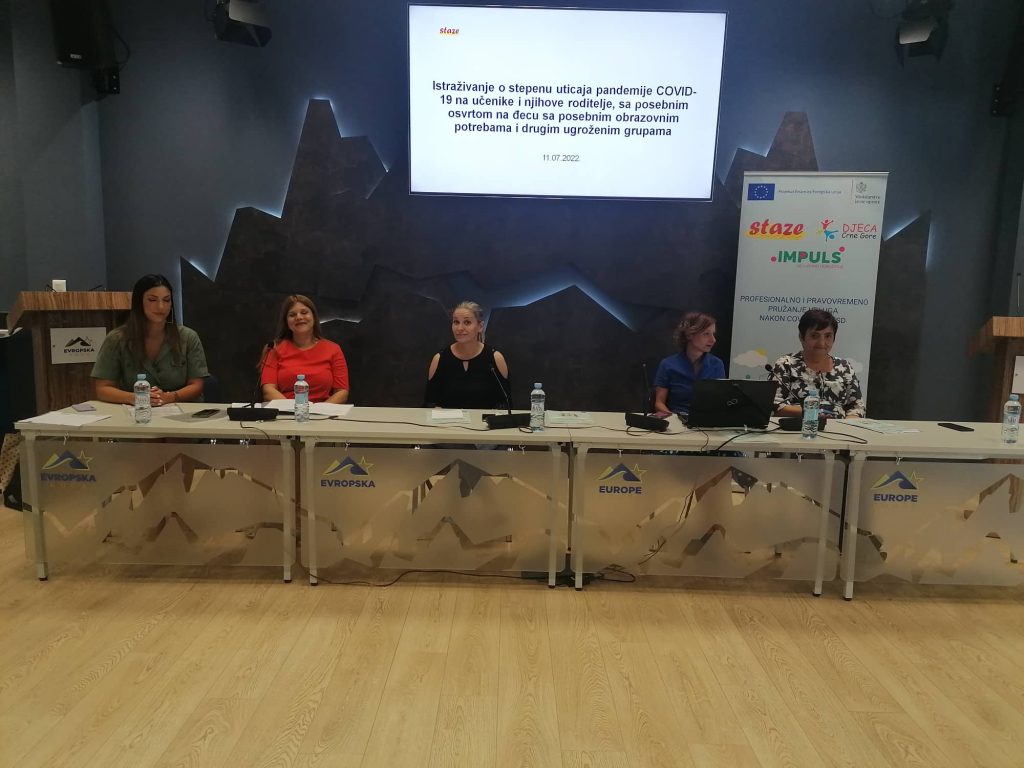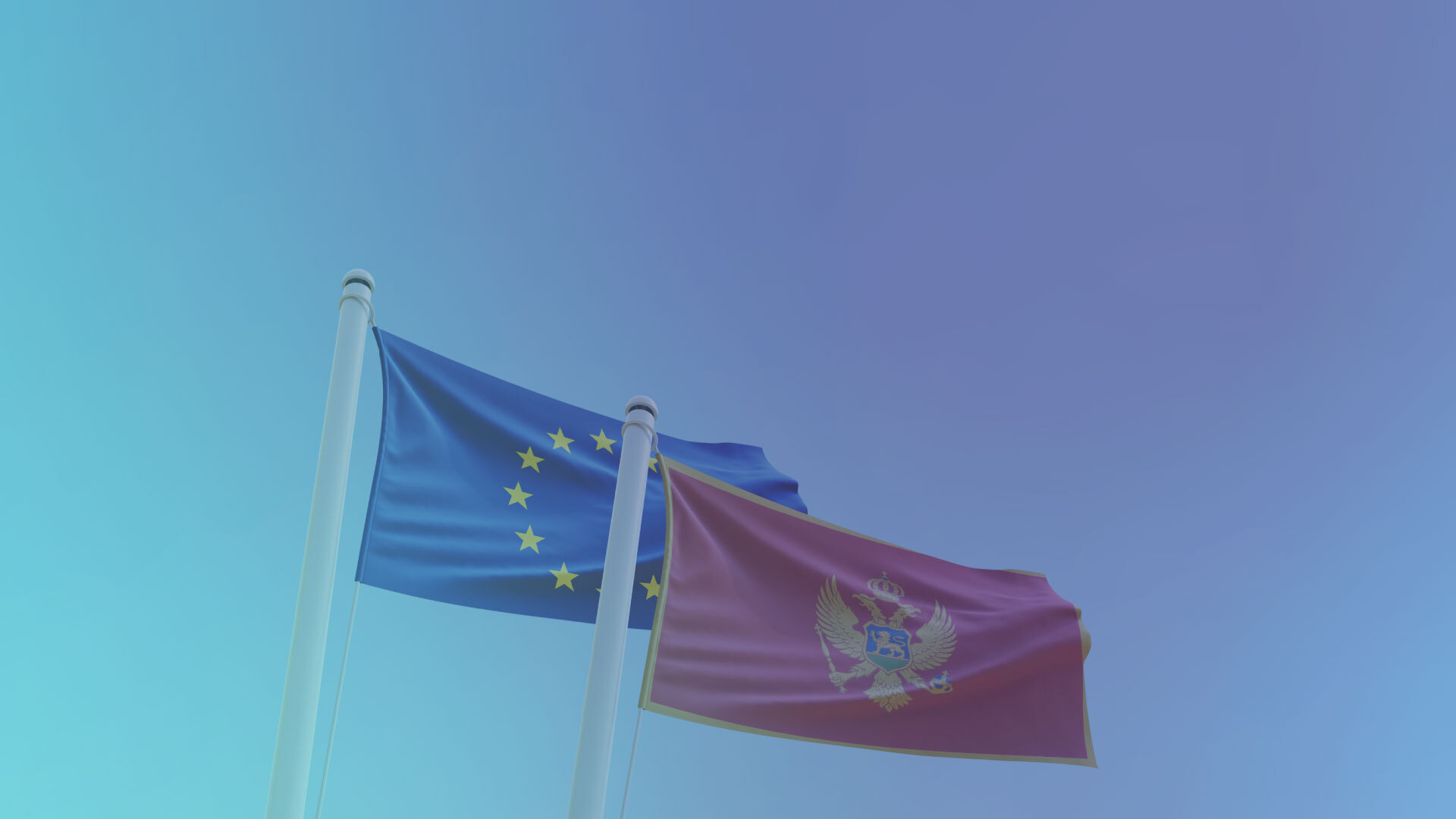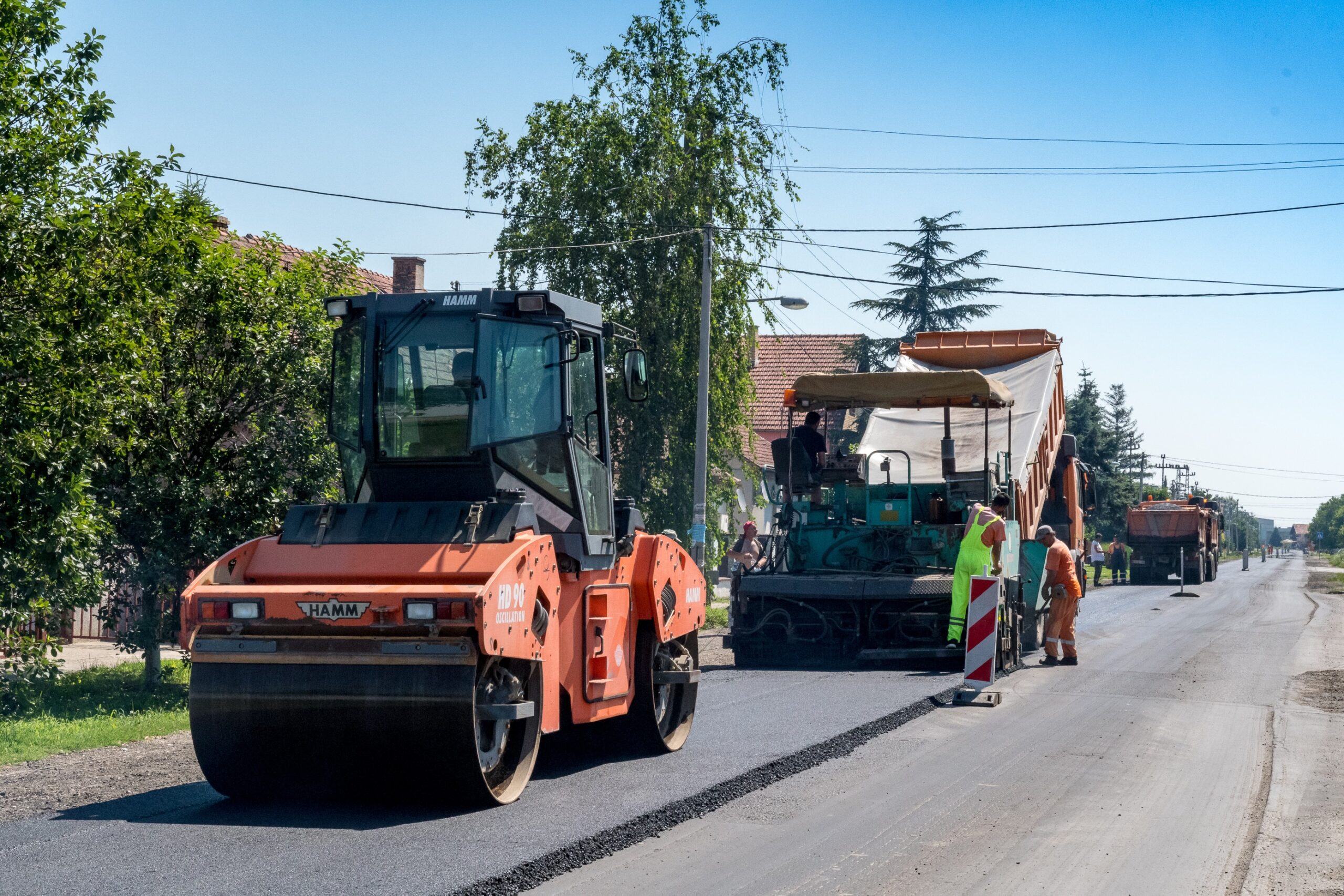Research shows the impact of COVID-19 on vulnerable groups in Montenegro

Research shows the impact of COVID-19 on vulnerable groups in Montenegro
Two non-governmental organisations (NGOs) have worked together with an association of parents of children and youth with developmental disabilities to conduct research on the impact of the COVID-19 pandemic. They focused on children and youth with special educational needs as well as children and parents from other vulnerable groups in Montenegro. The results of this collaboration between Path parents association, the Children of Montenegro NGO from Tuzi and Impuls NGO from Nikšić were presented at Europe House in Podgorica.
The data from the sample of 1,055 respondents shows that the pandemic had a negative impact on the quality of learning, work habits, school experience, and teachers’ attitudes. There was developmental and academic stagnation and even regression. Insecurities appeared, accompanied by a drop in initiative, motivation, attention, and attitude towards obligations. The impact on education is reflected mostly in terms of socialisation, work habits, quality of learning, and socio-emotional status.
For teachers, the biggest challenge was in relation to adaptation, the organisation of life and work, and IT knowledge and competencies (especially for teachers from the north of the country). For parents, the most demanding aspect was to combine family and work obligations, thus complicating and multiplying their roles (parent-teacher-facilitator).
The research was conducted within the EU-funded project titled “Professional and timely provision of services after COVID.”
Source: Europe House Podgorica
Photo credits: Europe House Podgorica



